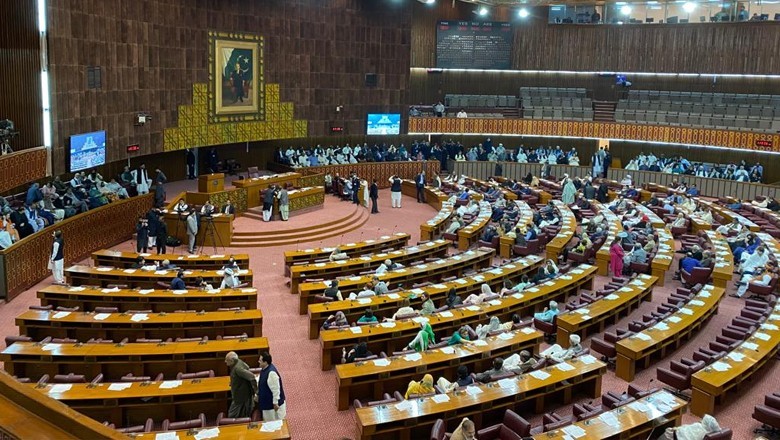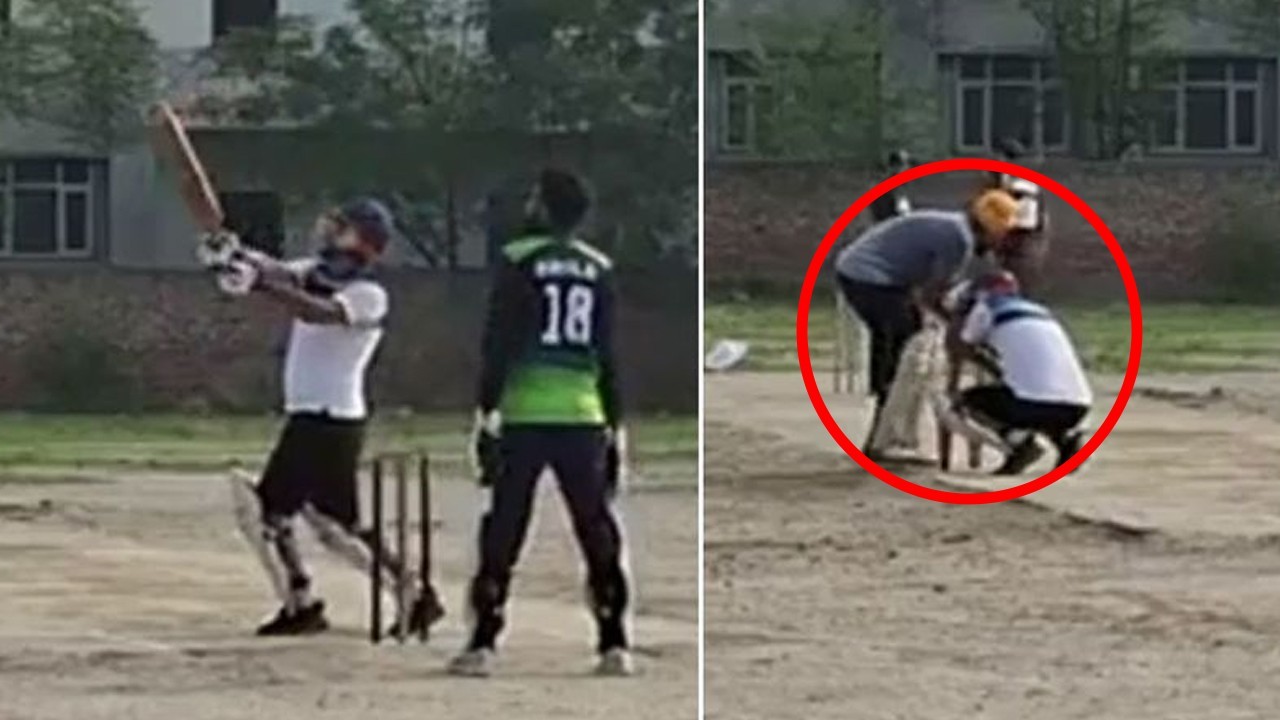How is the 26th Constitutional Amendment a blow to judicial independence?

Web Desk
|
21 Oct 2024
A bill of the 26th constitutional amendment was passed with a two-thirds majority on October 20 by the National Assembly and the Senate.
Initially, the authorities had proposed 56 amendments, but following the deliberation from all political parties, it was cut to 22 in the final draft.
The amendments begin from Article 175-A, which deals with the appointment process of the Chief Justice of Pakistan and other courts.
The approved bill has replaced the seniority rule from the new practices of appointing judges and allows interference of the politicians via parliamentarian committees, consisting of members of the lower and upper house.
The committee will select one judge from the three candidates who will be suggested by the Judicial Commission of Pakistan, the process will be completed after the approval of the Prime Minister’s advice to the President.
The committee will be formed under the newly added section 3(b), which asks to form a 12-member parliamentary committee, by picking eight members from the NA, and four from the Senate.
If the NA is dissolved, all members of the committee will be taken from the upper house. A new committee will be formed before the 14-day from the retirement of CJP to appoint their successor.
However, for the first appointment after the 26 constitutional amendments, the committee will be constituted within three days, as CJP Isa is set to retire on Friday, October 25.
Section (3) also said that the committee will hold online meetings, and the concerned authorities will keep it on record.
Moreover, section 3(G) permits the committee to make its own rules and regulations for completing the process they are responsible for.
Section 14 states that the change in the law allows raising objections to the decision of the committee, but only on the basis of an incomplete quorum of the committee.
Moreover, Section 5 of the amended Article 175 stated that the appointment of high court judges will materialise in accordance with the direction of the head of constitutional benches.
Additionally, in Article 179, the employment tenure of the CJP has been fixed to 3 years, and the judge can hold office by the age of 65 years, but they can resign from their office during tenure, or could be terminated.
In a major development, the main amendment has been seen in Article 184 of the constitution of Pakistan, which barred the Supreme Court from taking suo moto notice.
However, the court can transfer the cases to the high courts and also refer cases from one high court to another under Article 186-A.
In Article 185 section (2), the fee for filing an appeal against the court order, decree and sentences has been increased to Rs1 million from Rs50,000.
Article 187 deals with clause one (promulgation and execution of orders of the Supreme Court) in which the following clause is to be inserted.
It stated that the appeal can be filed if the provided order shall be passed under this clause and will not be beyond the jurisdiction of the Supreme Court.
Section five of the said article said that following the approval of the amendments, the review appeal would be referred to the constitutional benches, which would be constituted under section three of Article 191.
Under Article 193, the retirement of the high court judges has been fixed to 40 years against 45 before amendments. Moreover, in the new appointment of the high court’s head post age and experience would be mandatory (age less than 40, and ten years’ experience in advocacy in high court).
Article 199 also curtails the Court’s right of taking sou-moto after amendments, it’s section 1 states: “the high court neither be taken sou-moto nor issued notice on it.”
Sub-paragraph (I) of Article 199 empowers the High Courts 'to direct any person acting on the affairs of a federal, provincial or local authority within the territorial jurisdiction of the court to refrain from doing what the law does not allow him to do.
Under the amendments, Section 5 of Article 199 restricted the high court from referring pending cases to constitutional branches.
Article 208, now allows the Islamabad High Court to make its own rules for hiring in the court. Supreme Court and Sharia Court already have this right.
No authority, court or tribunal shall question any advice or suggestion given to the President by the Cabinet or the Prime Minister under Article 48, section 4.
Under the amendment to Article 215, the Chief Election Commissioner and member of the Election Commission of Pakistan will be allowed to continue in office until the appointment of a successor.
Article 255 deals with the oath of office, which states that if the oath is required by the Constitution to be administered to a particular person and for any reason it is not possible, the provincial Chief Justice of the High Court concerned may nominate the person to administer the oath.
Article 259 which deals with honours conferred by the President, in science, technology, medicine, arts or public service, has now been replaced by 'nursing'.
However, critics and political analysts have dubbed the amendments as a "blow to judicial independence.”
The International Commission of Jurists (ICJ) said that the changes “erode the judiciary’s capacity to independently and effectively function as a check against excesses by other branches of the State and protect human rights”.
“It is alarming that a Constitutional Amendment of such significance and public interest was passed in such a secretive manner and in less than 24 hours,” the ICJ secretary general Santiago Canton, said.












Comments
0 comment